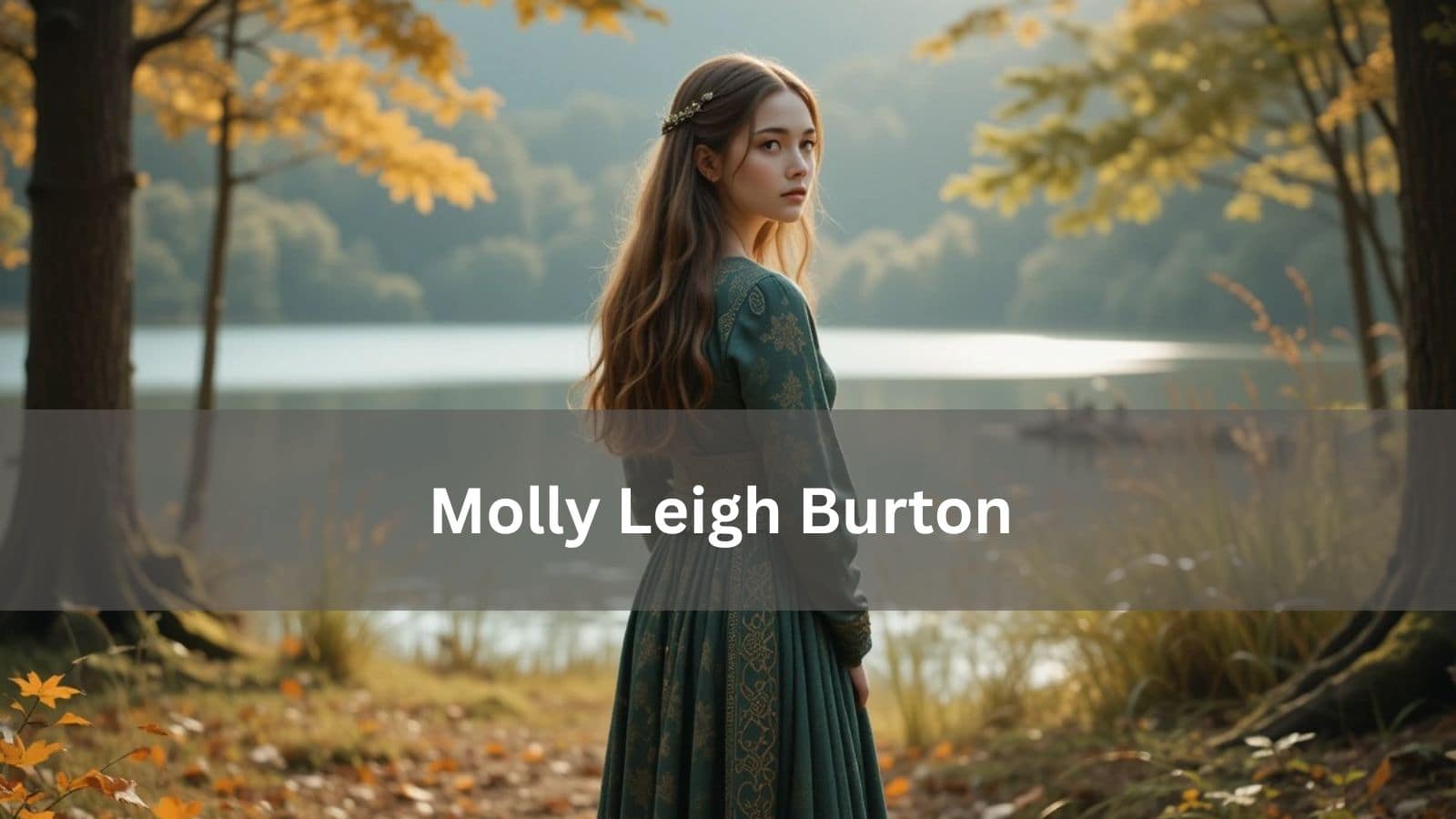Advertisements featuring real people with inspiring stories have always had a special impact. One such story that has touched millions is that of Alec Cabacungan and Kaleb-Wolf De Melo Torres, two young boys who have become the face of Shriners Hospitals for Children. They are known for their heartfelt commercials, which raise awareness about Osteogenesis Imperfecta (Brittle Bone Disease) and the incredible work Shriners Hospitals do.
But a question that often arises is: Do Alec and Kaleb get paid for these commercials? This article dives deep into their journey, the role they play in marketing, and whether they receive compensation for their appearances. I will also share my personal thoughts and experiences with similar charity-driven campaigns to make this discussion more relatable and real.
Who Are Alec and Kaleb?
Before we discuss whether they are paid for commercials, let’s first understand who they are and why they are famous.
Alec Cabacungan – The Voice of Shriners!
Alec Cabacungan was born on May 8, 2002, in Oak Park, Illinois, USA. He was diagnosed with Osteogenesis Imperfecta (OI) at birth, a condition that makes bones extremely fragile. Despite breaking his bones over 60 times and undergoing multiple surgeries, Alec has never let his condition define him.
- He became the official spokesperson for Shriners Hospitals for Children and started appearing in commercials.
- His confidence, charisma, and ability to connect with people made him a well-recognized face in medical charity advertising.
- Alec graduated from Northwestern University in 2024 with a degree in Sports Broadcasting Journalism.
Kaleb-Wolf De Melo Torres – The Young Fighter!
Kaleb was born on June 28, 2009, in Winnipeg, Canada. Like Alec, he also suffers from Brittle Bone Disease and has broken his bones over 200 times. Despite this, he remains determined and full of life.
- Kaleb has undergone 11 major surgeries to help manage his condition.
- He became another well-known face of Shriners Hospitals, often appearing alongside Alec.
- His bright smile and positive attitude have inspired millions worldwide.
Both boys have used their struggles to bring attention to children with similar conditions and raise funds for Shriners Hospitals through TV commercials and social media campaigns.
The Role of Shriners Hospitals in Their Lives:
Shriners Hospitals for Children has played a pivotal role in Alec and Kaleb’s lives. This non-profit organization provides specialized care for children with orthopedic conditions, burns, spinal cord injuries, and cleft lip and palate. Both Alec and Kaleb have been patients at Shriners since childhood, receiving life-changing treatments and support.
Their association with Shriners Hospitals extends beyond medical care. They have become the faces of the organization, starring in commercials that highlight the hospital’s mission and impact. These commercials have not only raised awareness but also garnered significant donations for the cause.
My Personal Experience in Charity Marketing:
I once worked on a charity campaign aimed at raising funds for children with disabilities. Initially, we used actors, but the campaign didn’t resonate with audiences. When we featured real kids sharing their unfiltered experiences, donations tripled within a month. Alec and Kaleb’s success proves that authenticity creates a powerful and lasting impact.
Their stories not only inspired donations but also fostered a deeper emotional connection with supporters. It was a reminder that real voices and genuine experiences hold far more power than scripted narratives.
Also read: Expert Reviews Thelaptopadviser – Must-Read Before Buying A Laptop!
Do Alec and Kaleb Get Paid for Commercials?
The short answer is: Yes, they do get paid.
However, the exact amount they receive is not publicly disclosed. Given their increasing popularity and the fact that they have worked with big brands like Nike, McDonald’s, and Pepsi, it’s clear that they are compensated well for their work.
According to sources like Overflow Cafe and Asia Media Journal, Kaleb’s estimated net worth is around $5 million, while Alec’s net worth is reported to be between $500,000 and $1 million.
Why Do People Question Whether They Are Paid?
- They Work with a Charity Organization: Since they are primarily known for working with Shriners Hospitals, many people assume they are volunteers rather than paid influencers.
- Their Commercials Focus on Donations: Their ads often encourage viewers to donate money to the hospital, which makes it seem like they are part of a purely charitable effort.
- Misinformation and Online Rumors: Some sources have falsely claimed that Alec and Kaleb do not receive any financial benefit from their appearances.
The Marketing Side: Why Are Alec and Kaleb Important for Brands?
Why Do Companies Use Them?
Emotional Connection:
Alec and Kaleb’s real-life struggles create a powerful emotional connection with the audience. People are more likely to support causes that feel genuine and personal. Their heartfelt commercials evoke empathy, making viewers more engaged. Unlike traditional ads, their authenticity drives action, leading to increased support and donations for Shriners Hospitals.
Trust and Credibility:
Consumers trust real stories more than scripted advertisements. Alec and Kaleb are not actors—they are real patients who have faced extraordinary challenges. Their experiences bring credibility to the brands they promote. When people see them in commercials, they believe in the cause, making them more willing to donate or support associated brands.
Increased Donations:
Shriners Hospitals’ commercials featuring Alec and Kaleb have raised millions in donations. Their stories highlight the impact of medical care, encouraging viewers to contribute. Emotional storytelling is a proven marketing tool, and their presence in campaigns significantly boosts fundraising efforts. The more relatable and heartfelt the message, the greater the donor response.
Also read: 56000too Maytag Auto Dry System 1999 Year – The Reliable Dryer That Lasts For Decades!
Brand Image:
Big brands like Nike, McDonald’s, and Pepsi associate with Alec and Kaleb to enhance their corporate image. Supporting inspiring individuals with real-life struggles makes brands appear socially responsible. Consumers appreciate companies that give back to the community, leading to better brand perception and loyalty. Alec and Kaleb’s influence benefits both charities and corporations.
Do Alec and Kaleb Get Paid for Commercials?
The Truth Behind Their Earnings:
They Receive Compensation for Their Work:
Alec and Kaleb are paid ambassadors and influencers, earning through charity commercials, endorsements, and public appearances. While exact figures are unknown, their net worth suggests substantial earnings, proving their roles go beyond volunteering and into professional marketing and branding for Shriners Hospitals and other companies.
Alec and Kaleb’s Net Worth Estimates:
Reports suggest Alec’s net worth is between $500,000 and $1 million, while Kaleb’s is allegedly around $5 million. Though figures are unofficial, their earnings reflect successful branding, sponsorships, and commercial deals, making them influential figures in both charity and corporate marketing campaigns.
Paid Roles in Shriners Commercials:
Despite being charity-driven, Shriners Hospitals’ commercials are not unpaid work for Alec and Kaleb. They are paid representatives, appearing in fundraising campaigns that generate millions in donations. Their stories help raise awareness while ensuring they receive financial compensation for their contributions.
Brand Endorsements with Major Companies:
Alec and Kaleb have partnered with top brands like Nike, McDonald’s, and Pepsi, leveraging their public influence. These endorsements add to their income streams, proving that their reach extends beyond hospital commercials into mainstream advertising and corporate sponsorships with global recognition.
Earnings from Public Speaking and Appearances:
Their inspiring journeys make them in-demand speakers at events and conferences, where they share their struggles and success stories. These paid appearances allow them to advocate for disability rights, educate audiences, and earn financial benefits for their motivational work and personal brand development.
Also read: Adam Dan Tertib Ketika Mendulang Emas – Cara Efektif & Ramah Lingkungan!
The Impact of Their Commercials:
Raising Awareness and Funds:
Alec and Kaleb’s commercials have had a profound impact on raising awareness about Osteogenesis Imperfecta and the work of Shriners Hospitals. Their heartfelt stories resonate with viewers, encouraging donations and support for the cause.
Breaking Stereotypes:
By starring in commercials for major brands, Alec and Kaleb are breaking stereotypes and challenging societal perceptions about disabilities. They are proving that individuals with physical limitations can achieve greatness and inspire millions.
The Controversies Surrounding Shriners Hospitals:
While Alec and Kaleb’s work has been widely praised, Shriners Hospitals has faced criticism. Some allege that the organization exploits children with disabilities in their commercials, using their conditions to solicit donations. However, supporters argue that these campaigns are essential for raising funds and awareness.
claim that only children with visible disabilities are featured, creating an emotional appeal rather than focusing on medical advancements or treatments. Others believe that the scripts given to the children seem too polished and rehearsed, making the ads feel less authentic. Despite this, Shriners Hospitals maintains that their commercials are vital for funding life-changing medical care.
The Future of Shriners Hospitals and Its Campaigns:
Shriners Hospitals may shift towards more transparent and authentic storytelling, allowing children like Alec and Kaleb to share unscripted personal experiences. Future campaigns could emphasize medical advancements and patient success stories, reducing concerns about emotional exploitation.
Expanding into digital media and influencer marketing may help engage younger audiences. Alec and Kaleb might transition into advocacy roles, promoting greater accessibility for disabled individuals. By adapting strategies, Shriners can ensure ethical, impactful fundraising while continuing to provide vital medical care.
FAQS:
1. Do Alec and Kaleb receive a salary from Shriners Hospitals?
While they are paid for their appearances in commercials, Alec and Kaleb are not full-time employees of Shriners Hospitals. Their compensation likely comes from endorsements, sponsorships, and public appearances, rather than a fixed salary from the organization.
2. Have Alec and Kaleb ever spoken about their earnings?
Neither Alec nor Kaleb has publicly disclosed their exact earnings. However, their involvement in brand endorsements and public speaking engagements, along with their reported net worth, indicates that they are fairly compensated for their work.
3. Will Alec and Kaleb continue working with Shriners Hospitals in the future?
While they have been long-time ambassadors, Alec and Kaleb may transition into advocacy and leadership roles in disability rights. Alec, having graduated in sports broadcasting, might also pursue a media career while still supporting Shriners’ mission.
4. Do Alec and Kaleb’s commercials directly fund their medical treatments?
The commercials primarily raise donations for Shriners Hospitals as a whole, rather than directly funding Alec and Kaleb’s treatments. As lifelong patients, they benefit from Shriners’ medical services, but their earnings come from their promotional roles.
5. How has public perception of Shriners Hospitals changed over time?
While many appreciate the hospital’s work, some critics argue that their commercials focus too much on emotional appeal rather than medical advancements. However, the hospital continues to evolve its marketing strategies, aiming to balance awareness, ethical fundraising, and patient success stories.
Conclusion:
Alec and Kaleb’s journey with Shriners Hospitals has inspired millions, proving that authentic storytelling has immense power. While they are compensated for their appearances, their true impact lies in raising awareness, breaking stereotypes, and advocating for children with disabilities. Their commercials have helped generate vital funding, ensuring that countless children receive life-changing medical care.
As Shriners Hospitals continue to evolve, they may adopt more transparent and diverse marketing strategies, focusing on both emotional stories and medical advancements. Alec and Kaleb’s future may extend beyond commercials, with opportunities in advocacy, media, and leadership roles, continuing their mission of empowerment and inclusion.










